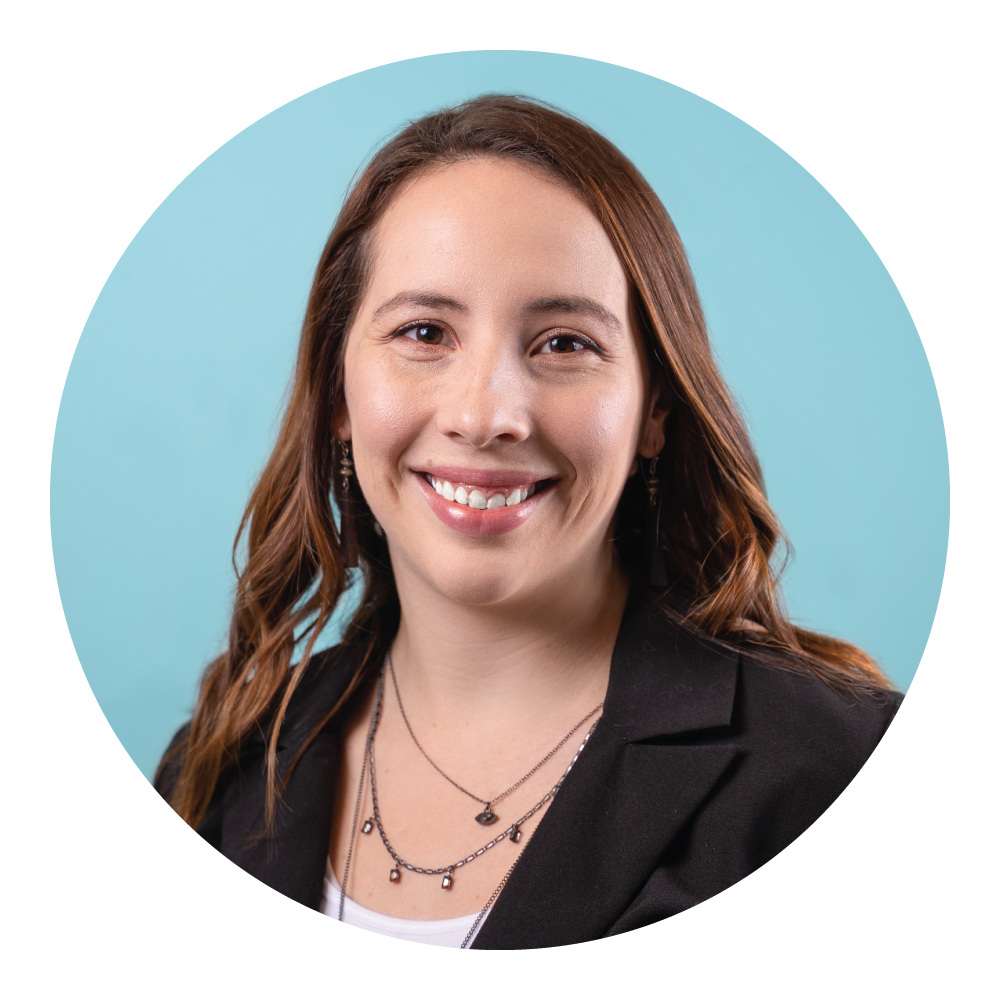Graduate Entry Curriculum
Time to degree: 3 years of full-time study, including summers. Students must apply to the full-time program.
Number of credits: 96 - 116 credit hours
Educational delivery format: The program is a mix of online and on-campus classes. Most of the pre-licensure courses are offered in a classroom-based format and have both lab and clinical components, while the specialty nursing courses (post-licensure) are offered as either classroom-based or online study options. Students should plan to live in the Columbus, Ohio area throughout the program. However, those pursuing the Neonatal Nurse Practitioner specialty could live outside of the area after the pre-licensure portion as the master’s courses for these specialties will be completely online.
The post-licensure clinical practicum experience provides the precepted hours necessary for certification. Preceptors are available in a wide variety of geographic locations and clinical sites throughout Ohio and outside the state. Students are required to complete three to four semesters of clinical coursework post-licensure depending upon the specialty requirements. Please visit the Clinical Placement webpage for more information on clinical practicum experiences
- Full-Time Plan of Study
-
Year 1
Summer
- Introduction to Professional Nursing Practice (2 credits)
- Health Assessment (3 credits)
- Lifespan Development (3 credits)
Autumn
- Nursing Care of Adults and Older Adults (7 credits)
- Cultural Competence in Healthcare (3 credits)
- Pathophysiology (5 credits)
Spring
- Nursing Care of Children and their Families (4 credits)
- Nursing Care of Women (4 credits)
- Leadership (3 credits)
- Nursing Policy (2 credits)
Year 2
Summer
- Community Health (4 credits)
- Psychiatric and Mental Health (4 credits)
- Health Promotion, Theory and Population Health (2 credits)
Autumn
- Nursing Care of Adults and Older Adults II (8 credits)
- Quality and Safety (1 credit)
- Evidence-based Nursing Scholarship (3 credits)
- Specialty Coursework (2-9 credits)
Spring
- Advanced Health Assessment (3-4 credits)
- Advanced Pharmacology (4 credits)
- Quality Improvement and Informatics (3 credits)
Year 3
Summer
- Clinical Practicum (5-11.5 credits)
Autumn
- Clinical Practicum (7-11.5 credits)
Spring
- Clinical Practicum (8-11.5 credits)
UPCOMING OVERVIEW SESSIONS
Contact us
Email nursing@osu.edu

